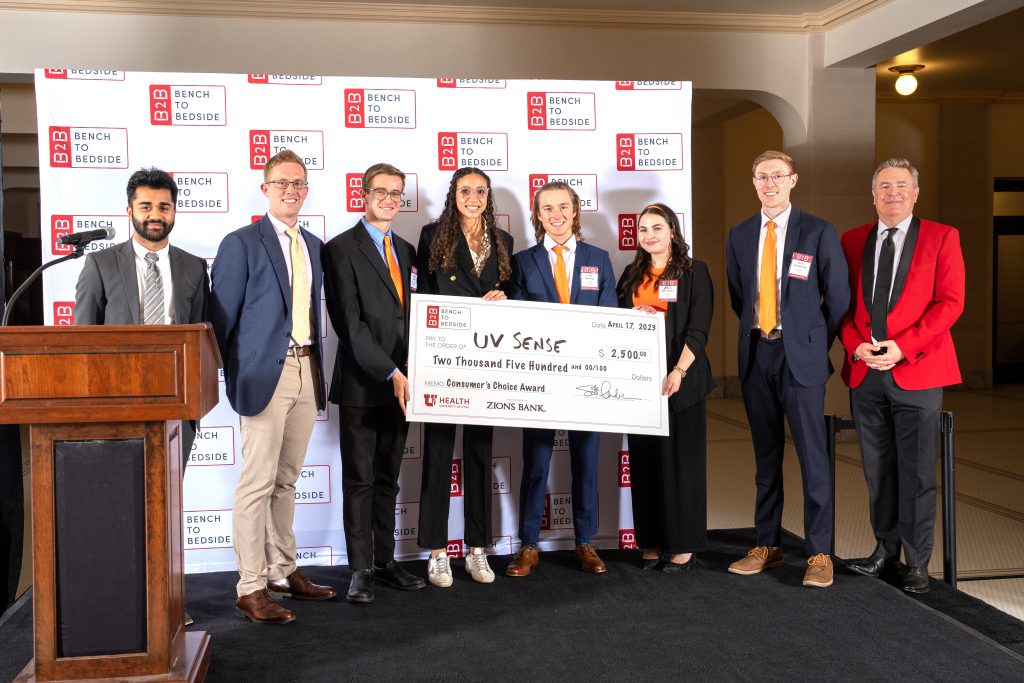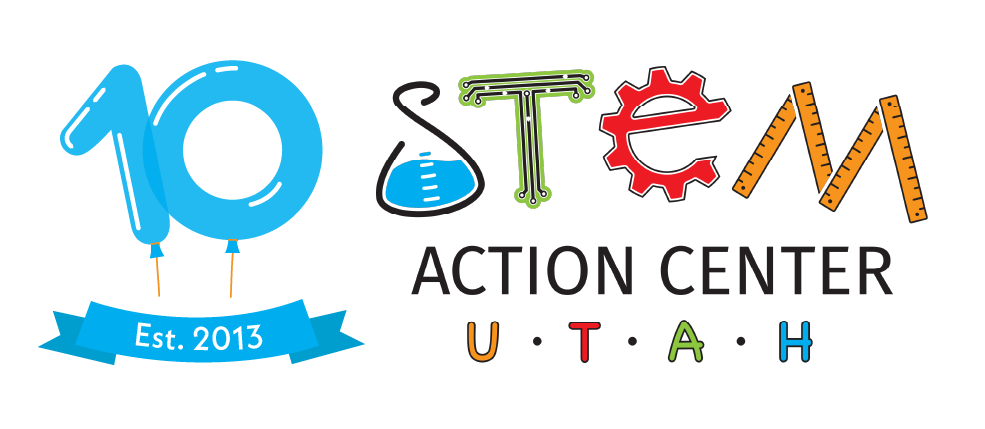By Kristina Schiffman, University of Utah Mechanical Engineering and Business Administration Student, Year 4
I walked into my first engineering course with shaky hands, feeling unsure of myself. Looking around the crowded lecture hall, I noticed I was one of very few women, and quickly felt fearful for the next four years. The professor wasted no time in introducing the subject of the course and asking the student audience about their engineering experience: “By raise of hand, who has built some type of pump before?”. I watched a plethora of hands shoot up around me, mostly men. I was shocked by this but heard around me that this was an activity many of my peers had participated in as Boy Scouts or with their fathers. I felt hopeless; I was never going to be able to catch up to the years of experience my peers had already before starting university, but I have come to realize that my lack of experience wasn’t such a bad thing.
Embarking on a journey toward a degree in STEM can be an exhilarating and rewarding experience. I have encountered numerous challenges and triumphs as a woman navigating this male-dominated field of engineering. Reflecting on my journey so far, there are three crucial pieces of advice I wish I had known before signing up for a STEM major. Whether you’re considering a STEM degree or already pursuing one, these insights may help you navigate the unique landscape of STEM as a woman.
1. You don’t need to know everything, or anything at all, when you start.
Walking into that course, I initially thought that I was doomed to an uncomfortable, difficult experience with my engineering major. However, I realized that my lack of experience was not a disadvantage, but a reminder that everyone starts somewhere. As a woman in STEM, it’s important to understand that you don’t need to know everything before beginning your journey. Embrace the opportunity to learn and grow, and don’t be afraid to ask questions. Remember, knowledge can be acquired, but curiosity, determination, and a passion for learning are the foundations for success in STEM.
2. You don’t need to be a genius to be an engineer.
I started my degree thinking that I wasn’t going to be smart enough, as if only the brightest minds with exceptional intelligence could succeed in engineering. What I didn’t know then is that success in STEM is not solely determined by innate brilliance; rather, it is driven by hard work, determination, and a willingness to learn and adapt. Engineering is a diverse field that requires a range of skills beyond raw intellect. Problem-solving, critical thinking, creativity, and curiosity are essential components of success in a STEM major pathway; all skills that can be developed and honed through practice, experience, and continuous learning. Intelligence is not fixed; it can be nurtured and expanded upon throughout your education.
3. Mindset is everything.
Entering my first engineering courses, I certainly did not have the mindset to succeed. I was constantly down on myself, allowing imposter syndrome and insecurity to impact my success in my courses. I had to remind myself why I decided to pursue the degree, that discomfort is necessary for growth, and that I could do it and I would. Rather than comparing yourself to others and feeling inadequate, embrace a growth mindset that focuses on continuous learning and improvement. Celebrate your achievements, no matter how small, and recognize the unique perspective and strengths you bring to the table. View obstacles as opportunities for growth and learning, knowing that failure is a natural part of the process.
In conclusion, pursuing my STEM degree has been an incredible journey that has empowered me as a woman breaking into a male-dominated field. Despite the challenges, the experience has been undeniably worth it, I have learned so much about myself and my abilities, and I am excited to continue making my mark in the world of STEM.

The team I lead and I at the University of Utah’s Bench to Bedside Competition for medical devices, after we have just won the Consumer’s Choice Award.

